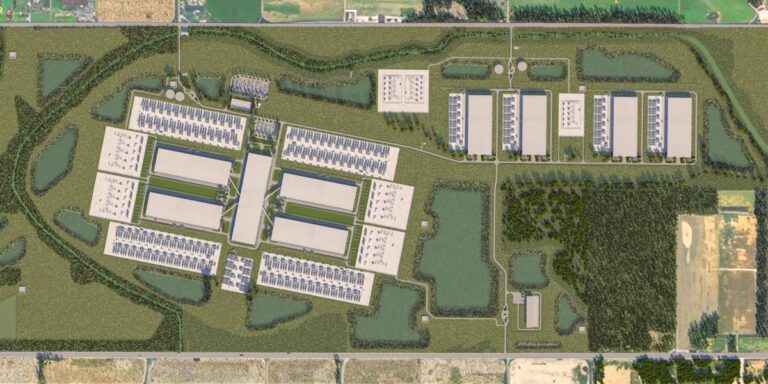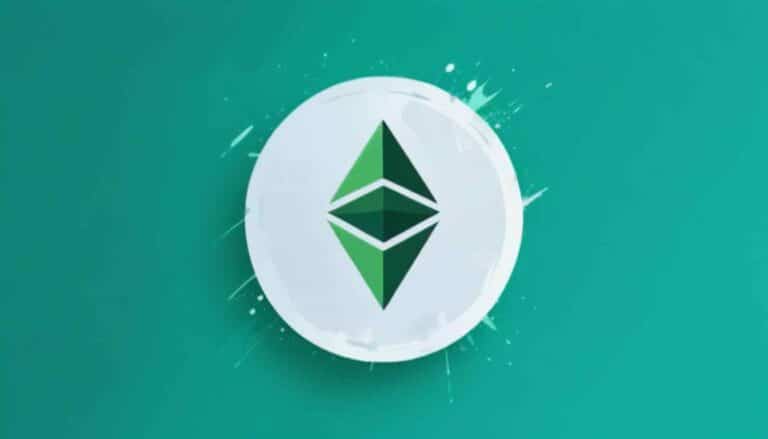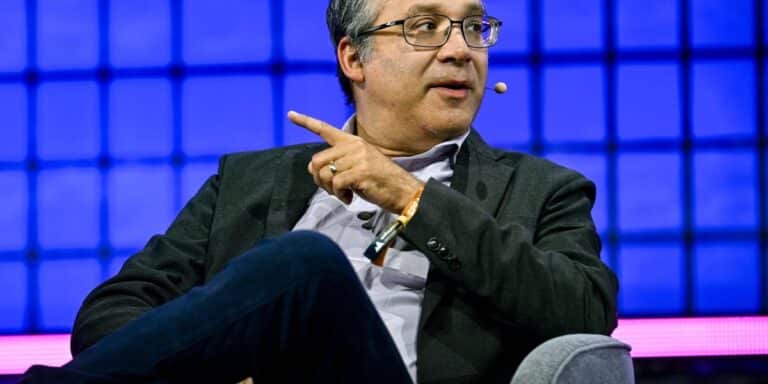[adrotate group="2"]
In his recent report, Wedbush analyst Dan Ives outlined his top AI investment recommendations for 2025, highlighting Pegasystems (NASDAQ:). The software firm enjoyed a remarkable 2024, delivering a total shareholder return of 91%. Both Wedbush and other analysts on Wall Street maintain an optimistic outlook on the tech stock despite its impressive performance. Recently, analysts from the Royal Bank of Canada (NYSE:) and Citigroup (NYSE:) have revised their price targets, suggesting a potential upside for Pegasystems shares of 24% as of January 8 close.
In the following sections, I will delve into Pegasystems’ operations, review its latest financial results, and outline what the company needs to accomplish for a successful 2025.
Pega: Enhancing Customer Engagement, Service, and Operational Efficiency via AI
Pega addresses three primary business challenges. Firstly, it focuses on enhancing customer engagement. Its AI-driven customer relationship management platform, Pega Customer Decision Hub, enables hyper-personalized customer experiences by predicting behaviors and recommending actions that can aid sales efforts. The ultimate goal is to boost both customer acquisition and retention.
The company also aims to streamline customer service. The Pega Customer Service app improves inquiry handling efficiency by utilizing AI-powered virtual assistants along with industry-specific procedures.
Lastly, Pega enhances operational efficiency through intelligent automation. The Pega Platform allows organizations to review and automate antiquated workflows, integrating seamlessly with hundreds of other software solutions. This enables employees to set up automation that mimics previously needed human actions. Additionally, customers can develop comprehensive applications using Pega Express.
A noteworthy aspect of Pega’s offering is its low-code environment. This feature empowers employees to automate processes and create applications without the need for programming skills, which can significantly cut costs associated with software development talent, whose median salary is $132,000. It also mitigates miscommunication risks across departments; for instance, a human resources team member can independently build an application according to their exact specifications without relying on a developer’s interpretation.
Pega: Robust Growth Accompanied by Enhanced Profitability
In the past year, Pega has achieved a respectable revenue growth rate of 9%, although it experiences considerable variability in its quarterly performance. However, since September 2023, the company has made considerable strides in profitability, with its gross margin increasing by over 200 basis points.
By September 2023, Pega’s operating margin and net income margin hovered around 0%, but they have since improved to nearly 12% and over 7%, respectively. Notably, year-to-date free cash flow in 2024 has almost doubled compared to 2023, and its backlog in Q3 2024 was 17% higher than the previous year, although backlog growth has somewhat plateaued since early 2024.
Pega: Requires Further AI Advancement and Innovation for 2025 Success
Pega’s prospects for a successful 2025 hinge on the assumption that enterprises will vigorously pursue AI implementation. Given that many believe the AI sector is in its early stages, this outlook seems promising. A significant portion of Ives’s optimism around AI investments stems from his perspective that the field is still “in the second inning” of its development.
Another crucial factor in Pega’s success will be its ability to innovate continuously and create products that deliver increased value to customers. The introduction of the GenAI Blueprint tool is a testament to this effort in 2024. This tool enables companies to assess their legacy systems and rethink their structures.
With the GenAI Blueprint, organizations identify specific problems to solve and input legacy data. Leveraging industry best practices, Pega employs AI to generate starting points for new applications and guides users through the building process, detailing what elements will be automated. This innovative feature contributed to Gartner recognizing Pega as a leader in Enterprise Low-code Application Platforms (LCAP).
Pega is positioned well for success, boasting improved profitability, technical leadership, and being part of the burgeoning AI landscape. Additionally, its forward price-to-earnings ratio sits at a competitive 32x compared to peers. Thus, it would not be surprising to witness another strong performance from Pegasystems in 2025.
Original Post





